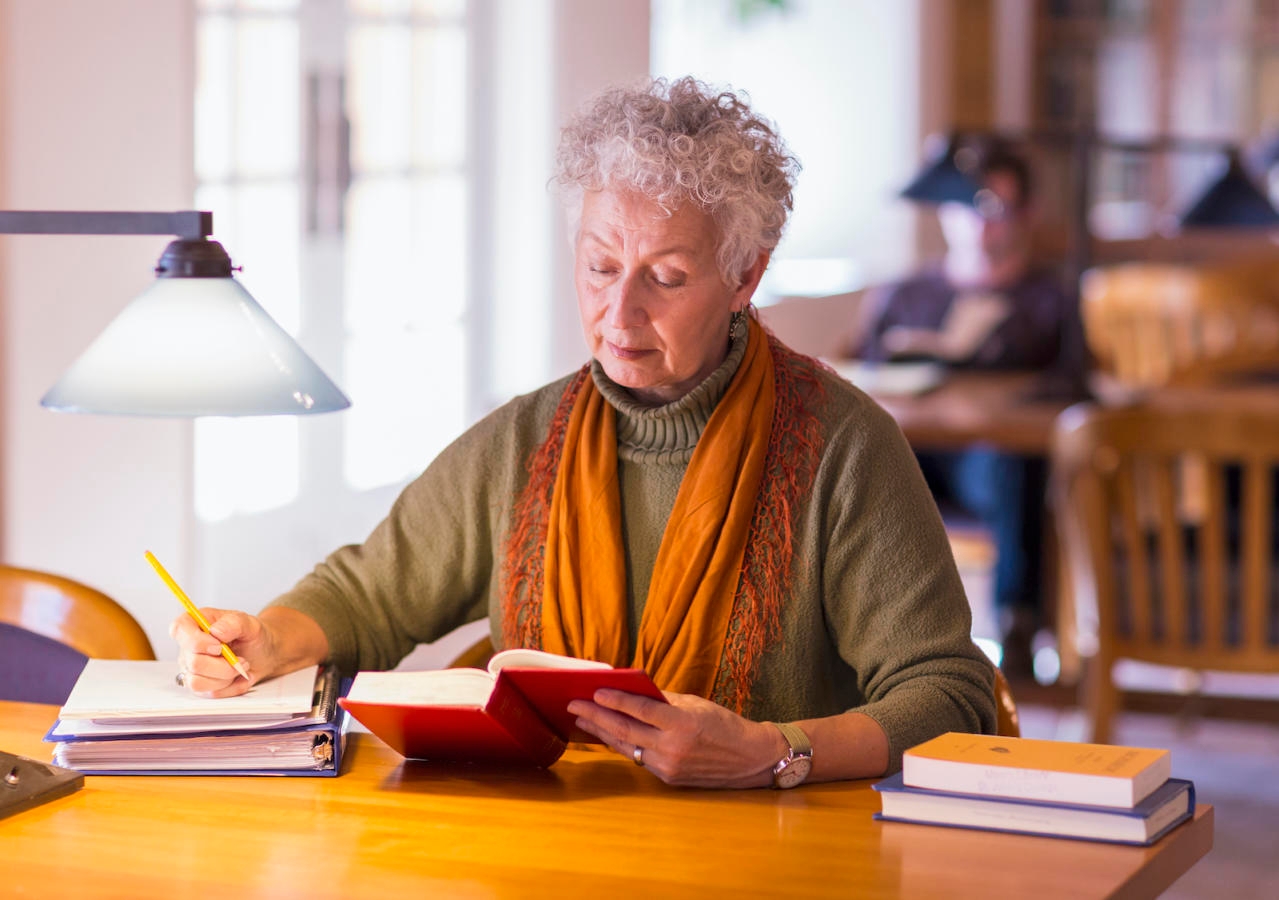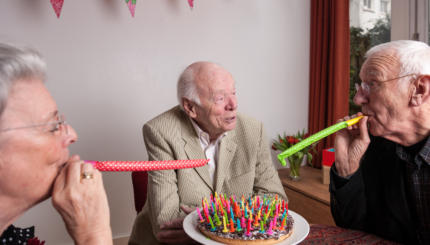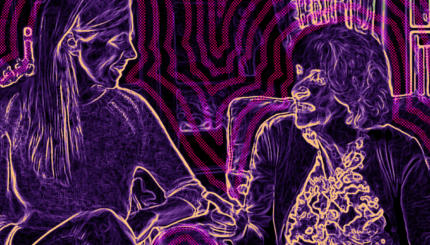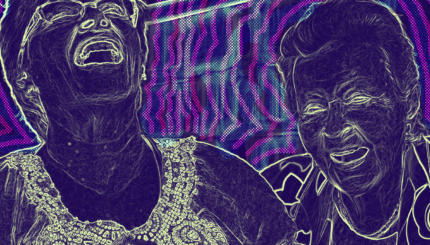Torah learning is considered to be the most important activity in Judaism. The Mishnah Peah 1:1 states, “These are the activities for which one eats the benefits in this world but the principle remains for the world to come, honoring one’s mother and father, acts of kindness, bringing peace between two people, yet Torah study is equivalent to them all.”
The obligation and the benefit of learning Torah is not only for young people but continues throughout one’s life. There is no retirement age. As the previous line of that same Mishnah says: “These are the things which have no limit … Torah study.”
Rabbi Akiva was perhaps the most notable person in history to embody the value of Torah study. The Talmud states that even Moses was in awe of Rabbi Akiva’s knowledge, understanding and depth. Menachot 99b
Yet Rabbi Akiva didn’t even begin his Torah studies until the age when many reach their midlife crisis. According to the Midrash, Rabbi Akiva began studying at the age of 40 and only became a teacher of others when he was 80. Rabbi Akiva stressed the importance of continued Torah education throughout one’s life. “Even though a man learnt Torah in his youth he must still learn Torah in his old age,” Rabbi Akiva taught.
With your help, My Jewish Learning can provide endless opportunities for learning, connection and discovery.
There appear to be conflicting views among the sages about learning in one’s old age. Elisha ben Abuya seems to believe learning in one’s youth is superior to studying in one’s old age. He taught: “Someone who learns when he is young, to what can he be compared? To ink written on new paper. Someone who learns when he is old, to what can he be compared? To ink written on erased paper” Pirkei Avot 4:20.
Another statement from Elisha ben Abuya makes a similar point: “For one who studies Torah in his youth, the words of Torah are absorbed into his blood and come forth from his mouth with clear articulation. For one who studies Torah in his old age, the words of Torah are not absorbed into his blood and do not come forth from his mouth with clear articulation.” Avot d’Rabbi Natan 24:4
Yet another statement, by Rabbi Yishmael the son of Rabbi Yosei, who lived a few decades later, implies the opposite: “As Torah scholars grow older their wisdom is increased. As the verse states, ‘Wisdom is with the aged, and understanding in length of days.'” Job 12:12.
A similar statement appears in Mishnah Kinnim 3:6 in the name of Rabbi Simon ben Akashia.
Perhaps the two can be reconciled. Maybe we misunderstood Elisha ben Abuya’s intent. Could the erased paper of the elderly Torah scholar represent the depth of knowledge, the prism through which new study is filtered and better understood? Perhaps the reason the Torah is not absorbed in his blood and does not come out of his mouth clearly is that he has such a wealth of knowledge and life experience to draw upon that new information is not simply absorbed and regurgitated, but is considered before being understood and expressed.
This is perhaps alluded to in the continuation of the same Mishnah, in which Rabbi Yossi ben Yehuda of Kfar Habavli states: “He that learns from the young, to what is he like? To one who eats unripe grapes and drinks wine from his winepress. And he who learns from the aged, to what is he like? To one who eats ripe grapes and drinks old wine.” Pirkei Avot 4:20
Judaism states that there is an ongoing obligation to learn, which never ends, even in old age. Rabbi Tarfon says: “It is not your obligation to complete the work, but neither are you free to abandon it.” Pirkei Avot 2:19
The wisdom and experience that comes with age is also expressed in Jewish law. One must stand up and give respect to anyone who is elderly, even one who is unlearned, the Talmud states in Kiddushin 32b. In the same place, the Talmud says that Rabbi Yochanan would stand up before nonJewish elders, saying, “How many events have they experienced in their lifetimes?”
The penultimate Mishnah of Pirkei Avot stresses the importance of continued Torah learning and points out that one will always find more depth and meaning, regardless of how many times one has learned the same thing:
Ben Bag Bag says: “Turn it over again and again for everything is within it. Look at it, become grey and old within it, and do not depart from it. For you have nothing greater than it.”
As a person grows older, it is possible that their physical and mental faculties grow weaker. Nevertheless, Judaism not only encourages — or demands — that they continue to learn, but promises that their life experiences will lead to a deeper, clearer and better understanding of what they learn.
Mishnah
Pronounced: MISH-nuh, Origin: Hebrew, code of Jewish law compiled in the first centuries of the Common Era. Together with the Gemara, it makes up the Talmud.



